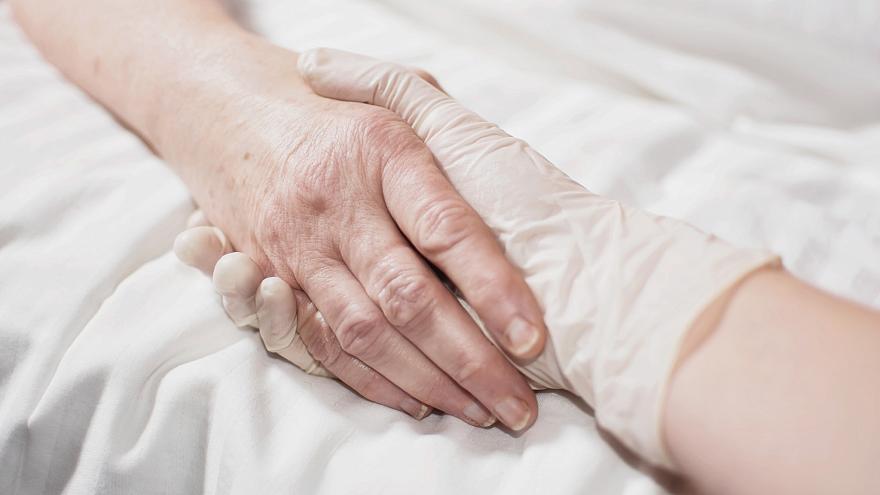The provincial representatives of political groups, apart from the Partido Popular, who continue to oppose the proposal, have once again defended the right for terminally ill and irreversible patients to have the right to die without suffering where, in the Valencian Community, about a thousand people ask annually for doctors to end their lives.
However, in the Spanish congress, Spain’s Popular Party (PP) has decided to unblock a bill to regulate euthanasia that was introduced by the Socialist Party (PSOE) last spring.
Although it is impossible to know for sure how many people would request euthanasia if it was legalised, according to the approximate estimates of the Right to Dignify Dignity association, the figure approaches 2% of deaths. If we take into account that in 2017 there were 44,800 deaths in the Valencian Community and some 16,000 in the province of Alicante, nearly a thousand Valencians, 350 from the area surrounding Alicante, died wishing that they would have liked someone to alleviate their pain.
The debate on euthanasia was reactivated last week. While the PP presented an amendment to the PSOE bill, and Ciudadanos said that they will give their support, in the PSOE bill, euthanasia would be available both through public and private healthcare, although doctors could declare themselves conscientious objectors. There would be changes to the criminal code, which currently makes euthanasia and physician-assisted death a crime.
The proposal of rights and guarantees of the dignity of the person before the final process of his life, better known as the law of dignified death, defends that there are situations that affect people who, without being at the end of their days, suffer from serious irreversible diseases or disabilities, many of which are progressive, that produce such a level of physical or mental suffering that is considered incompatible with their dignity.
By regulating euthanasia, these patients would not have to suffer the progressive deterioration of their conditions to limits incompatible with their physical and moral integrity. It would be, then, an individual option, which the person could exercise or not according to their own moral values.
According to the president of the right to die rightfully in the Valencian Community, Javier Velasco, “the dignity of the person is based on individual freedom. Just as we have the right to marry or have children, we must also have the right to live our final hour freely.”
The political groups maintain similar positions with regard to euthanasia, except the PP, which strongly opposes its regularization, however, those in favour of regulating euthanasia disagree on the practicalities of the new law. The biggest stumbling block is the proposed creation of control committees charged with authorising euthanasia when two doctors have agreed that a specific case meets the legal criteria.
The PSOE and the PNV feel that these committees would mean “greater security for doctors and patients.” But Podemos and ERC feel that such control is unnecessary and restrictive, and point to countries like Belgium and the Netherlands, which don’t feel they are necessary.
In a study published this year by the Spanish Magazine for Sociology Studies, Serrano-del-Rosal says that 58% of Spaniards answered “yes” to the question of whether they support regulating euthanasia, compared with 10% who said they opposed it “with certainty.” Other respondents chose in-between options, with 15% saying “I think so, but I am not completely sure.” As for assisted suicide, 39% were in favour, 19% against and 14% were mostly favourable but had doubts.






It’s a difficult subject to talk about and one most people avoid, but I think people should be allowed the means to end their lives in a dignified way if that’s what they want.